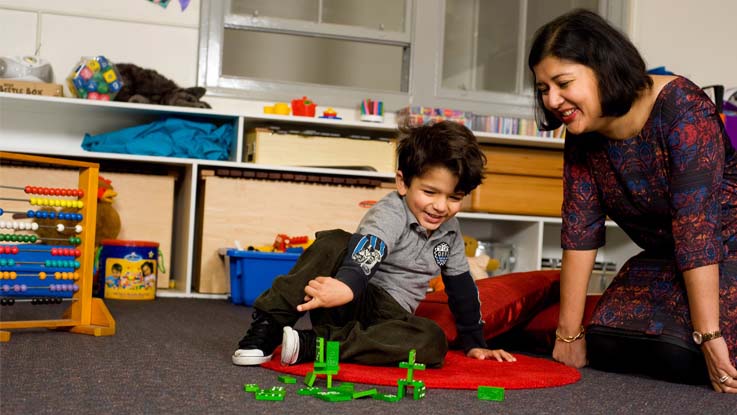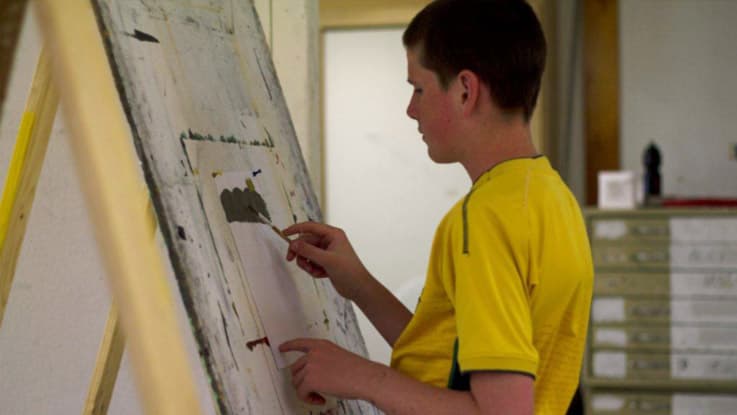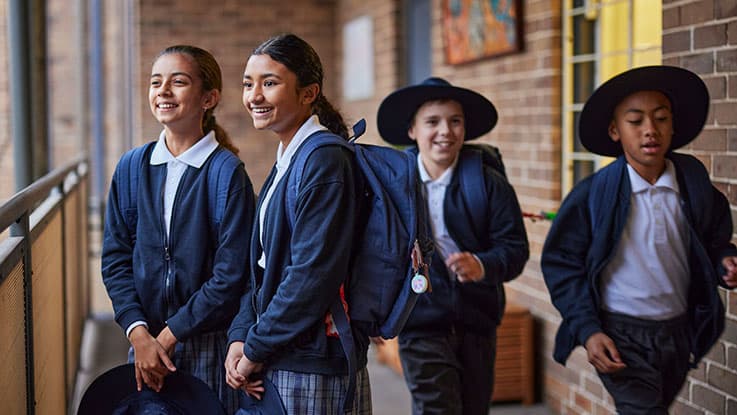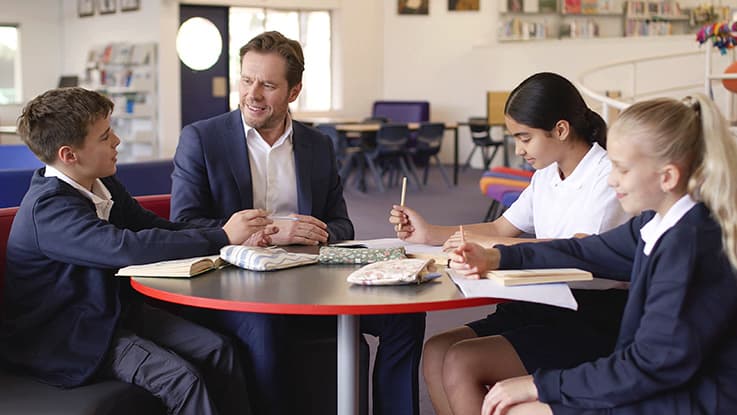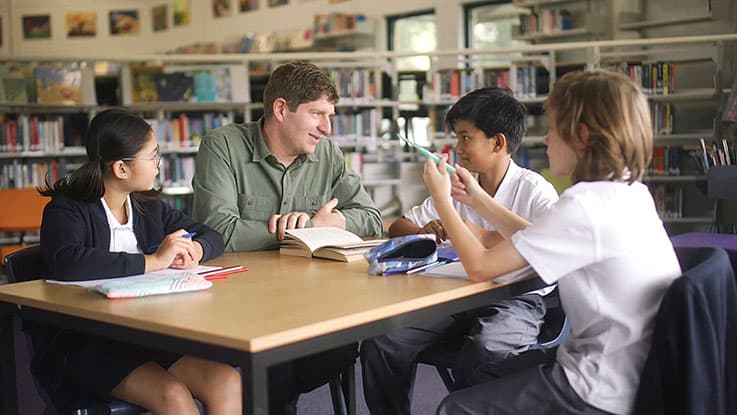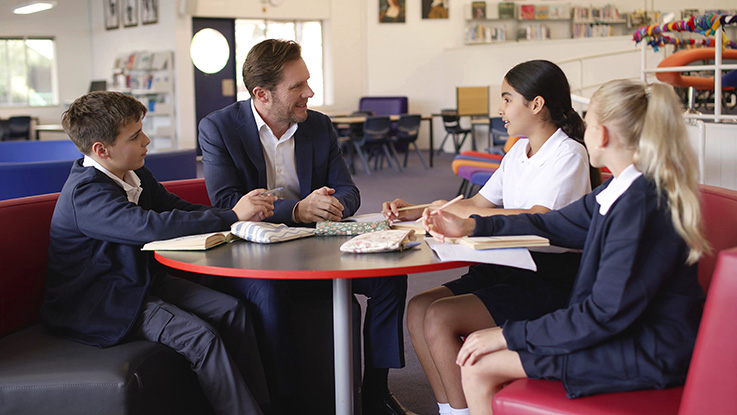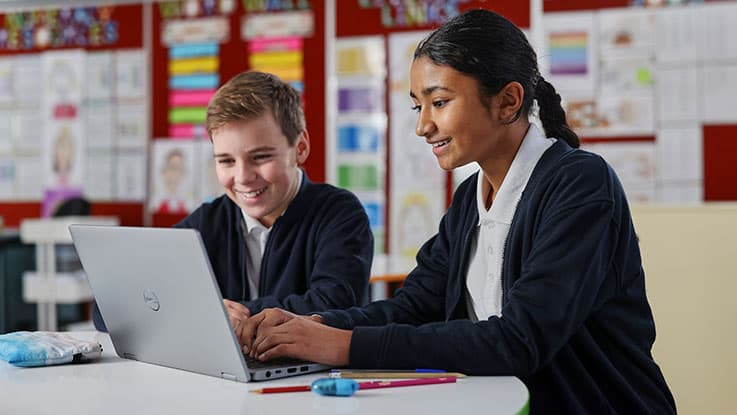
Our learning support and mentoring programs in 90 Australian communities directly help children in need achieve their goals through education.
View all programs Having strong numeracy skills is vital for success in the workplace, for taking control of your finances and managing a variety of daily tasks.
In today’s digitally driven world, maths skills are even more important for understanding how the world works, making informed decisions, and effectively utilising digital tools.
Almost a third (31%) of Year 7 students whose parents have not completed Year 12 need additional support in numeracy, compared to only 3% of Year 7 students whose parents have a university degree.2
Research shows that when children living with poverty receive targeted learning support at each stage of their education, they can build the foundations of a better future.


Learning starts in the early years. Little children’s brains are wired to learn, and The Smith Family is all about education.
